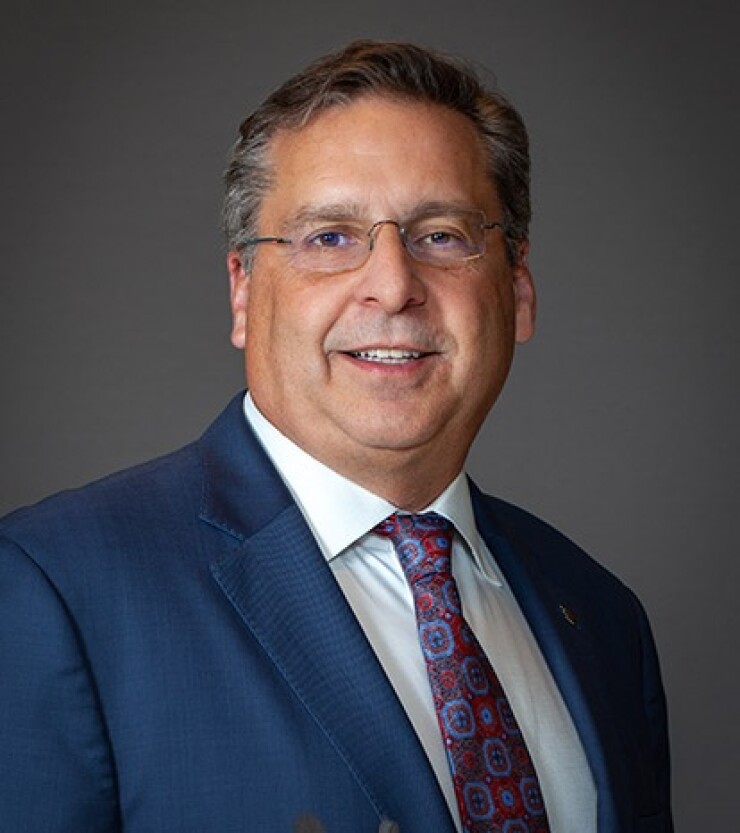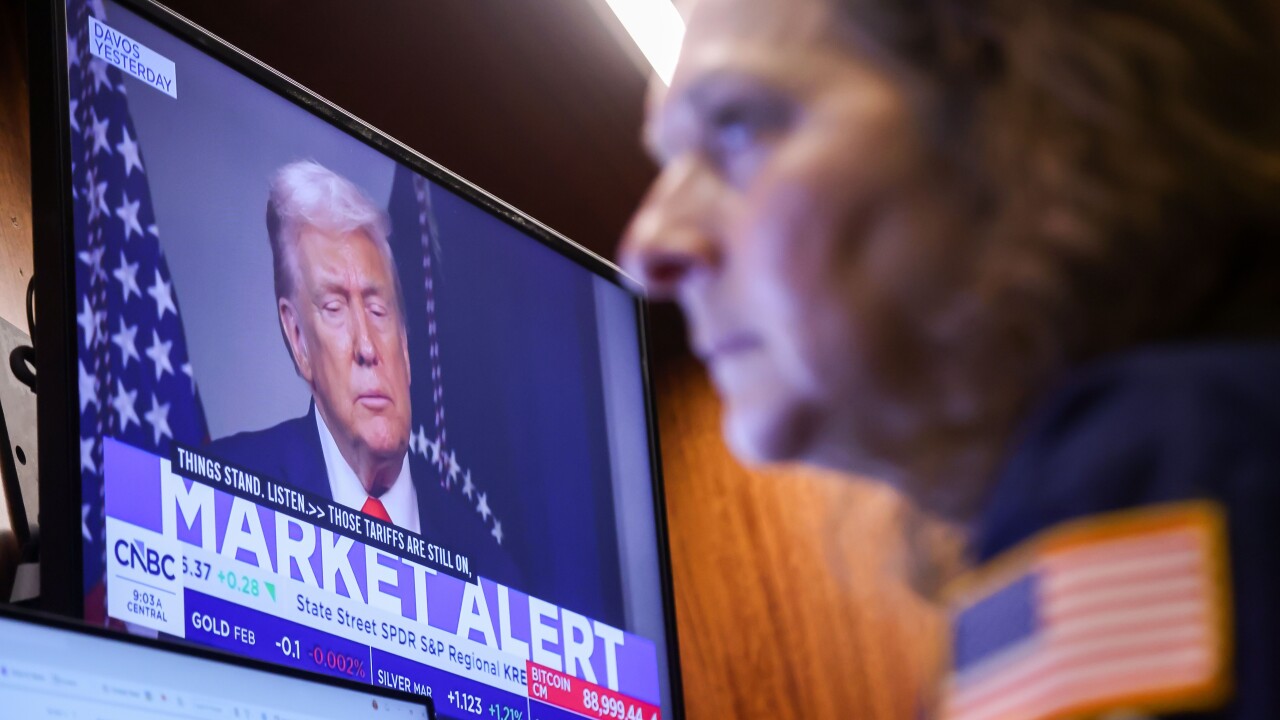
A Virginia-based community bank is scheduled to meet with shareholders next week, after a failed foray into embedded banking led a high-profile investor to call for the company's sale.
The stakes are high as MainStreet Bancshares prepares for its May 21 annual meeting in Fairfax. CEO Jeff Dick is hopeful that investors will endorse the decision that management announced last month, terminating the bank's 4-year-old Avenu payment solution and pivoting back to what he termed "core relationship banking."
However, investors will also have the option of backing a dissident shareholder's advisory proposal urging the $2.1 billion-asset company's sale.
Dick co-founded MainStreet Bank's parent company in 2004 and has served as its chairman and CEO ever since. While MainStreet is advising shareholders to vote against the advisory proposal, Dick insisted that he and his board colleagues would give any buyout offer full and fair consideration.
"I've heard over the years that Jeff Dick will never sell the bank, and I'm like, 'Jeff Dick doesn't own the bank,'" he told American Banker. "We are engaged with investment bankers. We're always looking at potential opportunities and synergies."

But Phil Timyan, a bank investor who authored the advisory proposal recommending MainStreet's sale, isn't convinced. Timyan is determined to force the issue, even though he acknowledges that most activist campaigns fall short of their objectives. While a yes vote wouldn't require any action by MainStreet, it could be seen as a warning to the bank's management team.
More broadly, MainStreet's recent troubles may serve as a caution to other community banks to tread carefully when embarking on ventures that distance them from their core business lines.
"Some bankers look after shareholders well. Those that don't aren't often persuaded by outside shareholders to do so," Timyan told American Banker in an email. "That's what makes this a tough game to play with underperforming banks."
If MainStreet proves reluctant to sell itself, Timyan plans to step up the pressure. "If [Dick] doesn't take the will of the owners to heart, I plan to run a full proxy next year seeking board seats," he wrote.
The proxy advisory firm Institutional Shareholder Services advised a vote against the advisory proposal in a May 8 report, arguing that Timyan "has not provided a compelling rationale for the immediate sale of the company." ISS added that a mandate to sell would likely provide little benefit "in light of prevailing market conditions."
After Dick announced what he termed the "difficult" decision to terminate the Avenu embedded banking subsidiary last month, he said the company would refocus on community banking, emphasizing "basic blocking and tackling."
It's a strategy that MainStreet has previously used with some success. The bank reported a string of years with increased profits and annual returns on assets exceeding 1% before 2024. The year before last was the best in MainStreet's history, Dick said. The bank's 2023 net income totaled $29 million, and it reported a return on assets of 1.45%, according to the Federal Deposit Insurance Corp.
It was in the midst of that profitable run that MainStreet decided to
It created Avenu in 2021. The idea was to link clients directly to MainStreet's core system, guaranteeing accurate daily reconciliation of accounts but avoiding the ledger issues that bedeviled some banks that sought to offer embedded banking services with the help of a third party.
Avenu seemed to be making headway at the start of 2024. It had attracted more than $35 million of low-cost deposits — one of MainStreet's key goals. And Dick believed it was poised to win new clients, add tens of millions of dollars of new deposits and reach the fiscal break-even point.
None of that happened, however. Though Avenu avoided the compliance issues that vexed other banks' embedded-banking ventures, MainStreet proved unable to scale the offering quickly enough, and the bank fell further and further behind its deposit and profitability targets.
In January, MainStreet opted to
Avenu's demise, along with an uptick in problem commercial real estate loans, led to a $16.2 million loss for the quarter ending Dec. 31.
MainStreet's renewed focus on community banking does seem to be paying some early dividends. Dick's team has made good progress fixing credit-quality issues and clamping down on funding costs, he said, leading to a 34 basis-point expansion in the bank's net interest margin, along with a first-quarter profit totaling $2.5 million.
MainStreet has been able to continue the momentum in the second quarter, Dick added.
"We're on our way to a reasonable 2025," he said.
Timyan, for his part, said he is delighted by MainStreet's return to basics.
"I'm glad they're doing it," Timyan
said, while also lamenting the bank's nearly $20 million charge in the fourth quarter in connection with Avenu. "I hope they keep cutting costs and increasing the profit. I wish they would have done it in the first place."






